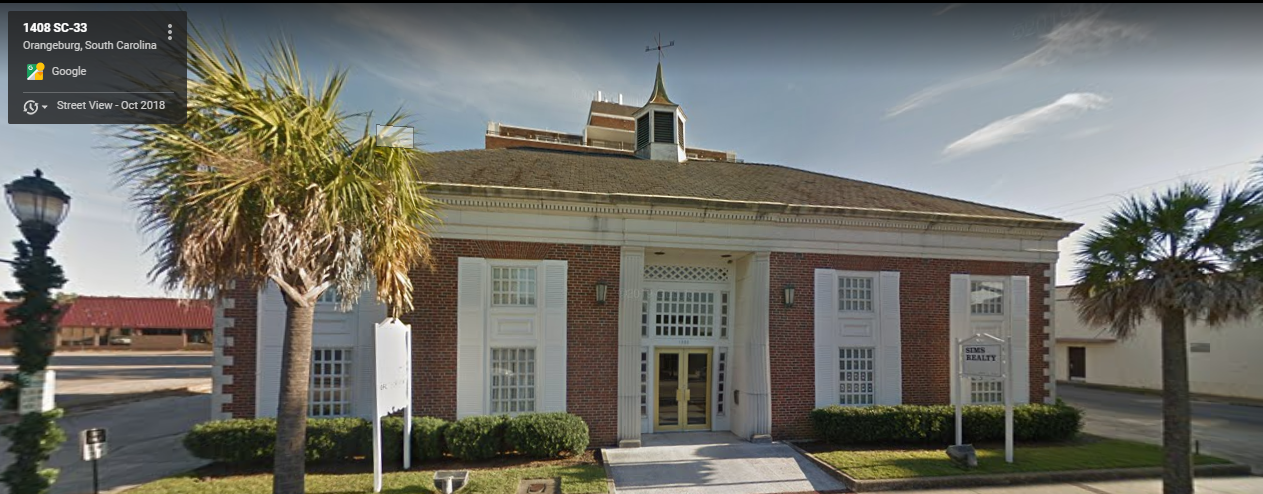Need Help? Call The Bill Connor Law Firm Today!
In the progress of a civil action, one of the most important events (during or sometimes before actual litigation) is mediation. This is because only a small number of civil cases go all the way to a trial, whether by jury or bench (judge). The bottom line is that parties usually reach a settlement before cases go before a jury, and the primary means of reaching a settlement is by mediation. Because settlement helps keep the court system from being clogged with cases, most venues require parties attempt mediation before they can go to trial. This is always something to ask about in litigation.
Mediation is confidential, meaning the parties can open up with information to bring settlement that cannot be disclosed outside of settlement. The mediator is within the confidentiality agreement, and cannot disclose information from one party to another unless the party providing the information gives authority to the mediator. Unlike an arbitration, in which the arbitrator is authorized to make a binding decision after parties present their evidence and arguments, a mediator cannot make a ruling. The mediator's role is to attempt to bring a resolution between parties which both parties consent.
The dynamics of mediation can vary widely. In a court ordered mediation, parties will usually agree upon a certified mediator, who will be paid by the parties to mediate the case. The location of mediation can be anywhere the parties consent, whether in the mediator's office, one of the lawyers' offices or elsewhere. The mediator will usually speak to the parties and attorneys first to explain the process and issues like confidentiality. Usually, the parties will then split up into separate rooms with the mediator going back and forth with offers and counter-offers.
A benefit to an experienced, authoritative mediator is in helping predict what would happen at trial. For example, in a divorce mediation, a former family court judge mediator can tell the parties what the judge has experienced with a certain ruling with a certain fact scenario. This allows a party to make the best decision by knowing what would likely happen at trial. Mediation is not always successful, but many times a settlement still occurs after mediation. Parties then think about what they have learned in mediation and know the offers on the table. In that event, the mediation was still "successful" despite a seeming failure.
Particularly when a great deal of money is riding on a case, it is always best for parties to consider a mediation, even if parties appear far apart with positions. Costs of trial are saved, and settlement brings an almost immediate transfer of money. Parties aren't waiting for post-trial motions and appeals to finish. Most importantly, parties are in control of the outcome, which is not the case with a judge and jury.
Published in: General
1408 Russell St Orangeburg, SC 29115 EMAIL: This email address is being protected from spambots. You need JavaScript enabled to view it. PHONE: 803 937 5571 SUNDAY CLOSED MONDAY 8:30 AM to 5:00 PM TUESDAY 8:30 AM to 5:00 PM WEDNESDAY 8:30 AM to 5:00 PM THURSDAY 8:30 AM to 5:00 PM FRIDAY 8:30 AM to 2:00 PM SATURDAY CLOSED
The Bill Connor Law Firm
Office Hours

CALL NOW! 803-937-5571






